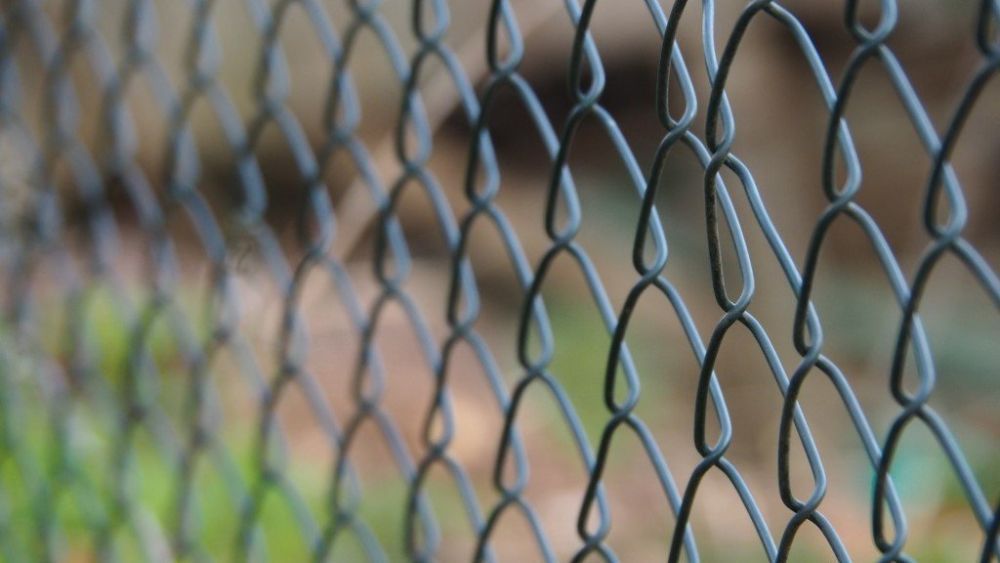
Residential Chain Link Fence Vs. Commercial Chain Link Fence: What Are the Differences?
When most people who aren’t in the fence business look at a chain link fence, it looks pretty much like another chain link fence. It can be hard to tell just by looking whether it’s a residential chain link fence, a commercial chain link fence or something else.
However, there are some big differences between the type of chain link fence used for residential properties and the type used for commercial fence systems. Here’s what you need to know.
Difference 1: Fence Height
Possibly the most obvious difference between a residential chain link fence and a commercial chain link fence is fence height.
Most residential chain link fences will be between 4 and 6’ tall or about 1200mm to 1800mm high. Local bylaws usually dictate this, and in most cases, you can’t install a taller chain link fence around a residential property without special permission from the local municipality.
On the other hand, commercial chain link fences are usually between 6 and 8’ tall, or about 1800mm to 2400mm. Some might also have an extra foot of barbed wire, electric fence wires, or other fence top security above the fence.
Difference 2: Post Diameter and wall thickness
The next big difference between a residential chain link fence and a commercial chain link fence is post diameter and wall thickness.
Post diameter is usually a lot easier to spot by looking at a fence since you need to look at the end of a post or fence structural component to see the wall thickness.
Commercial chain link fence systems usually have larger diameter terminal posts, line posts, and top rails, while residential chain link fences usually use the smallest pipe diameter available. This reduces the cost of the residential chain link fence system and makes it more affordable for homeowners.
wall thickness of the pipe or tubing used to build your chain link fence is a big factor in the strength and durability of the fence system, too, which is why commercial chain link fence systems are usually built with pipe and tubing with a thicker wall thickness. This just means that the pipe is made from a thicker type of steel.
Difference 3: wire Gauge
Another difference between residential and commercial chain link fences is the gauge of wire used to construct the fence.
Residential chain link fence systems usually use thinner gauge wire and mesh, often as thin as 11 gauge for the chain link mesh, while commercial chain link fence systems usually use thicker nine gauge mesh and wire.
Thicker gauge wire is usually stronger and more resistant to cutting, which makes it a better choice for commercial chain link fence systems. It is also usually more durable so that it will have a longer maintenance and repair-free lifespan.
Difference 4: Post Installation Method
Another big difference between residential chain link fences and commercial chain link fences is that residential chain link fence posts usually aren’t installed as deep, and they might be pounded into the ground instead of installed in concrete footings.
Commercial chain link fence posts usually go deeper into the ground, and they are usually installed with concrete bases that are at least three times the diameter of the post, which gives them extra support.
Difference 5: Gate Types
Residential chain link fences and commercial chain link fences can both have both single and double swing gates, but they will be made differently depending on the fence type.
Residential chain link gates are often lightweight and sometimes made using bent frames, which are usually cheaper to manufacture. They usually have lighter-weight hardware than commercial gates, too.
Commercial chain link gates are often bigger than residential gates, made from thicker steel, and usually welded at each join. They usually have heavier-duty, more secure gate hinges and latches, too.
It’s more common to see cantilever gates on commercial chain link fence projects, too since they tend to be more expensive than swing gates.


